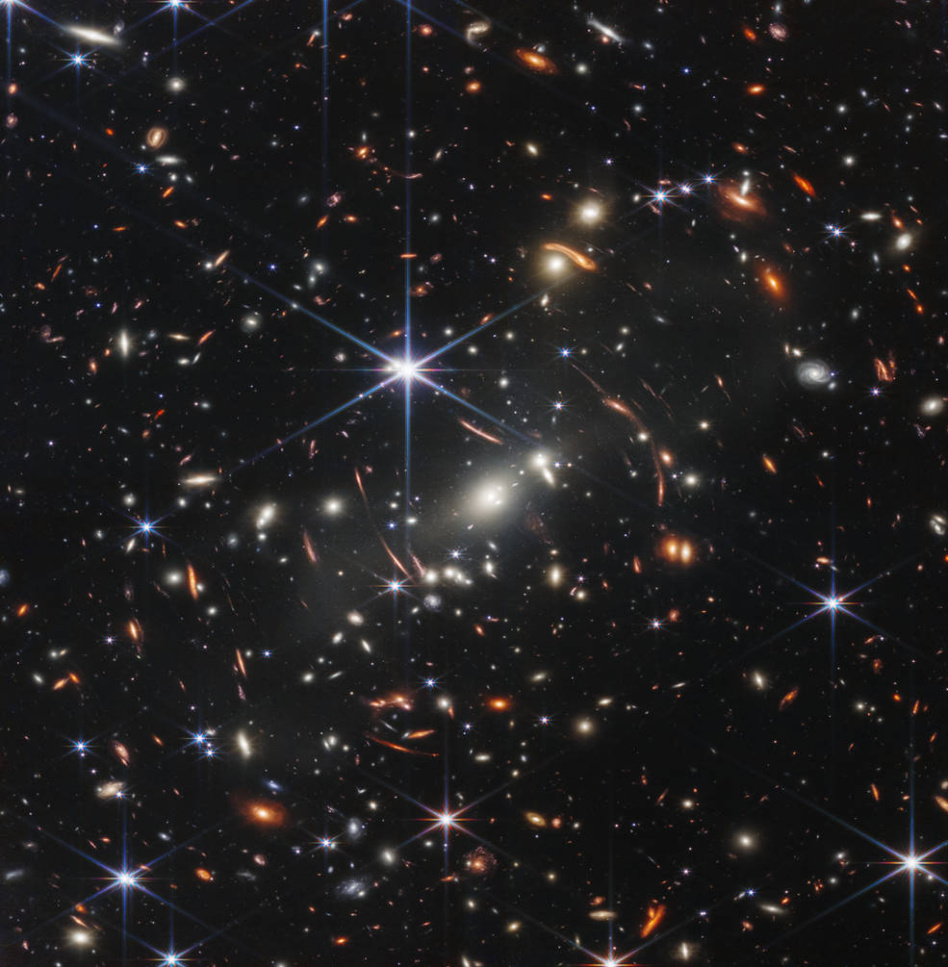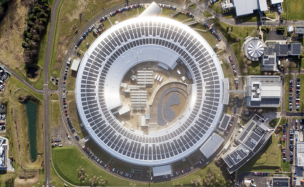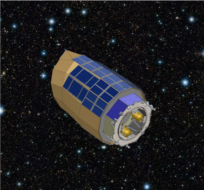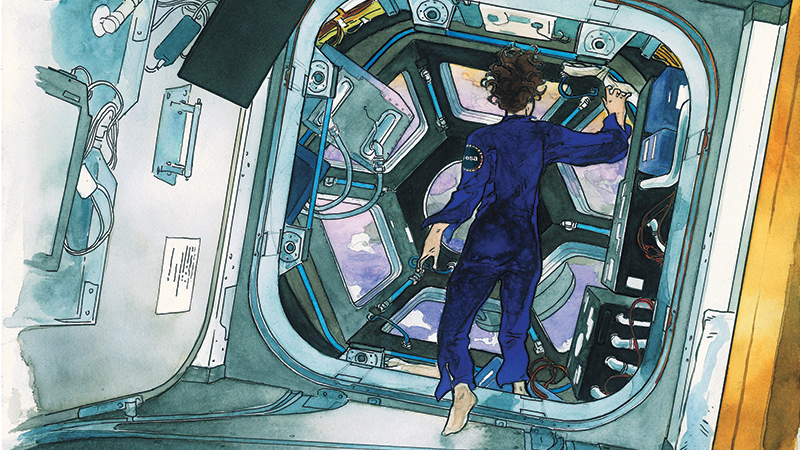Standing alongside NASA Administrator Bill Nelson, President Biden and VP Harris unveiled the first image from the James Webb Space Telescope (JWST) of galaxy cluster SMACS 0723, taken by Webb’s Near-Infrared Camera.
After enough of a delay to fill Space Twitter™️ with nervous laughter, the image revealed the deepest and highest-resolution infrared view of the universe ever captured. The picture shows an astonishing number of galaxies as they appeared 4.6 billion years ago from an area of universe about the size of a grain of sand held up at arm’s length. It took 12.5 hours of capturing images at different wavelengths of light to produce the composite image.
But wait, is it early? NASA surprised all those patiently waiting for July 12 with a weekend announcement that POTUS would reveal the first JWST image a day early, at COB Monday. Nothing like a high-res infrared view of the universe to keep the Monday scaries away.
Context: The Biden Administration rarely discusses space issues despite Harris chairing the National Space Council. Does Monday’s event mark an exception to that rule or is the White House turning a corner?
At the event, Biden thanked the team at NASA and highlighted the value of increasing science and technology funding. “These images will remind the world that America can do big things and remind the American people, especially our children, that there is nothing beyond our capacity. We can see possibilities no one has ever seen before. We can go places no one has ever gone before.”
The rest of the initial images will be released as planned, July 12 at 10:30am Eastern.





